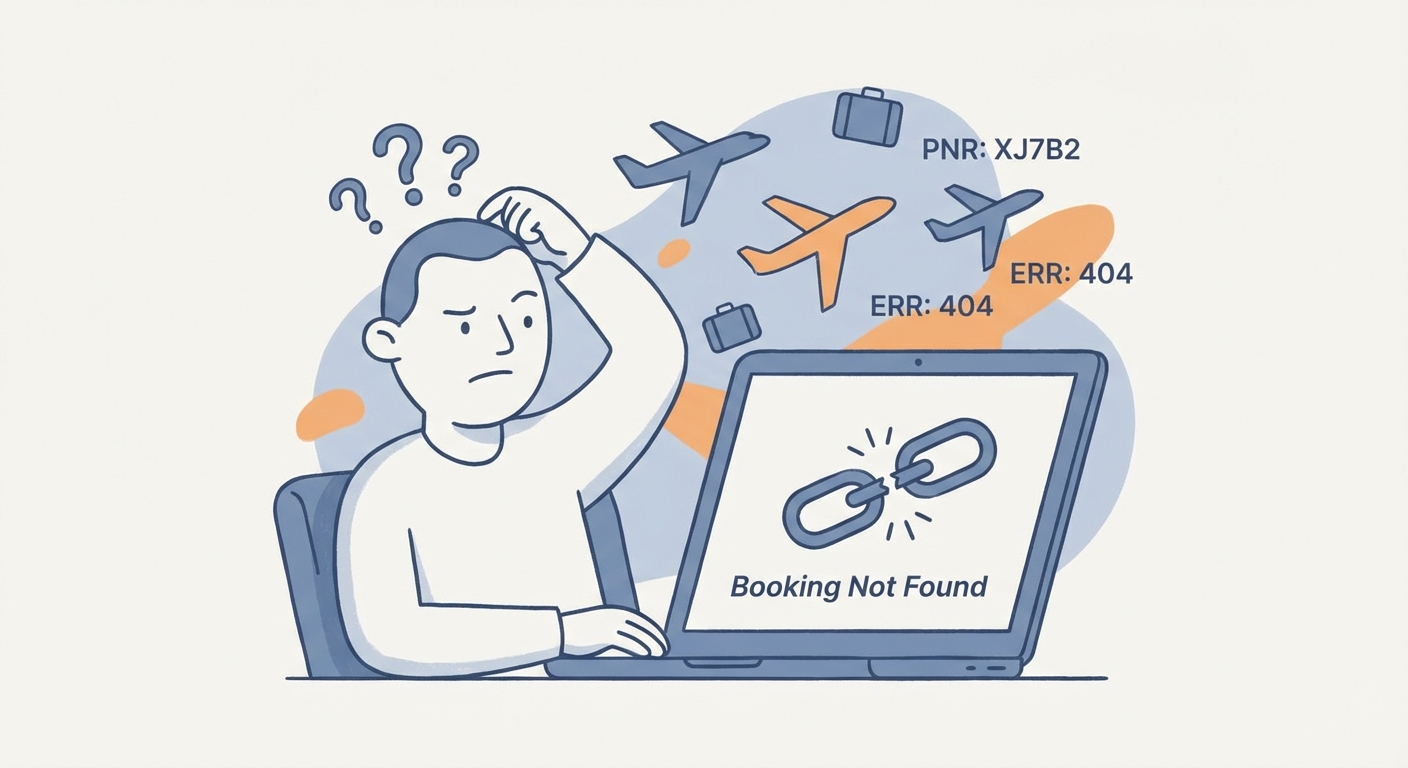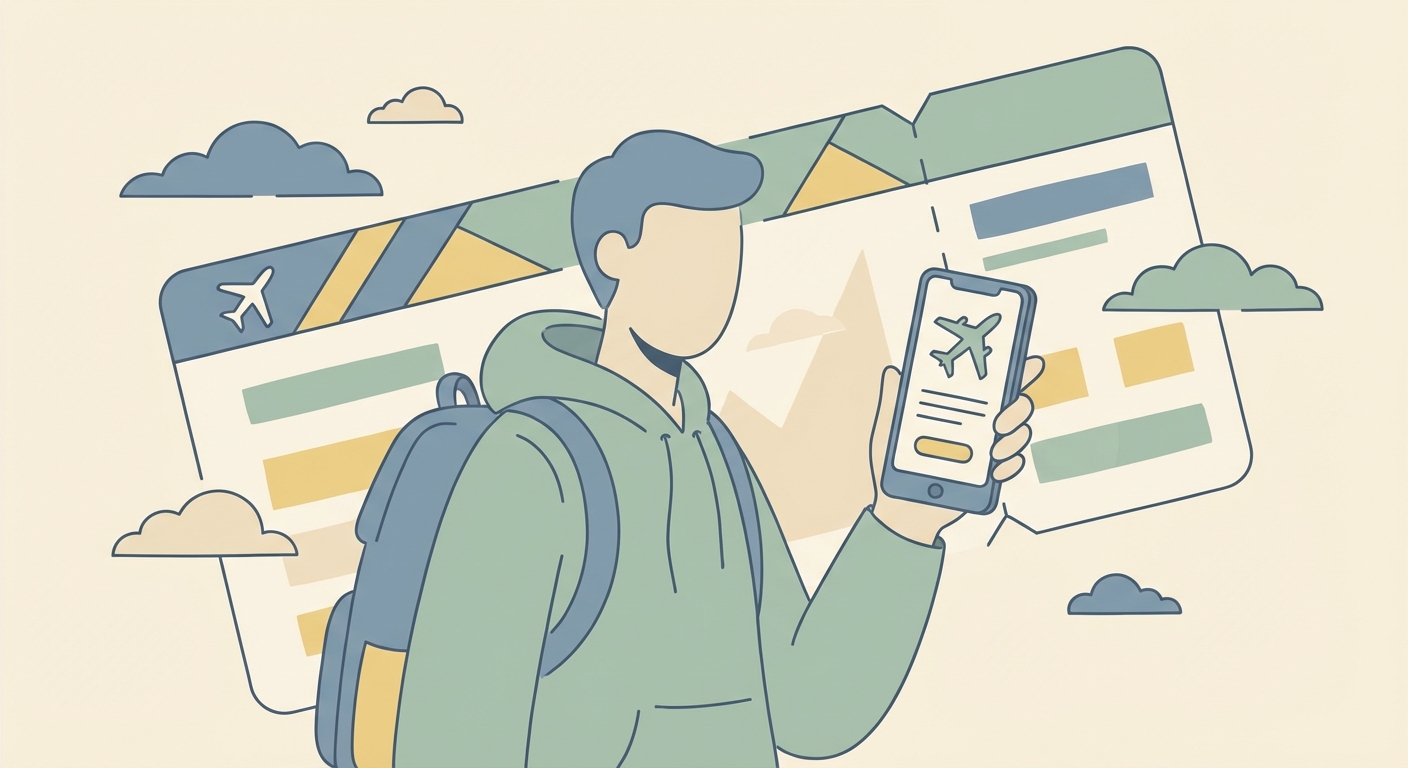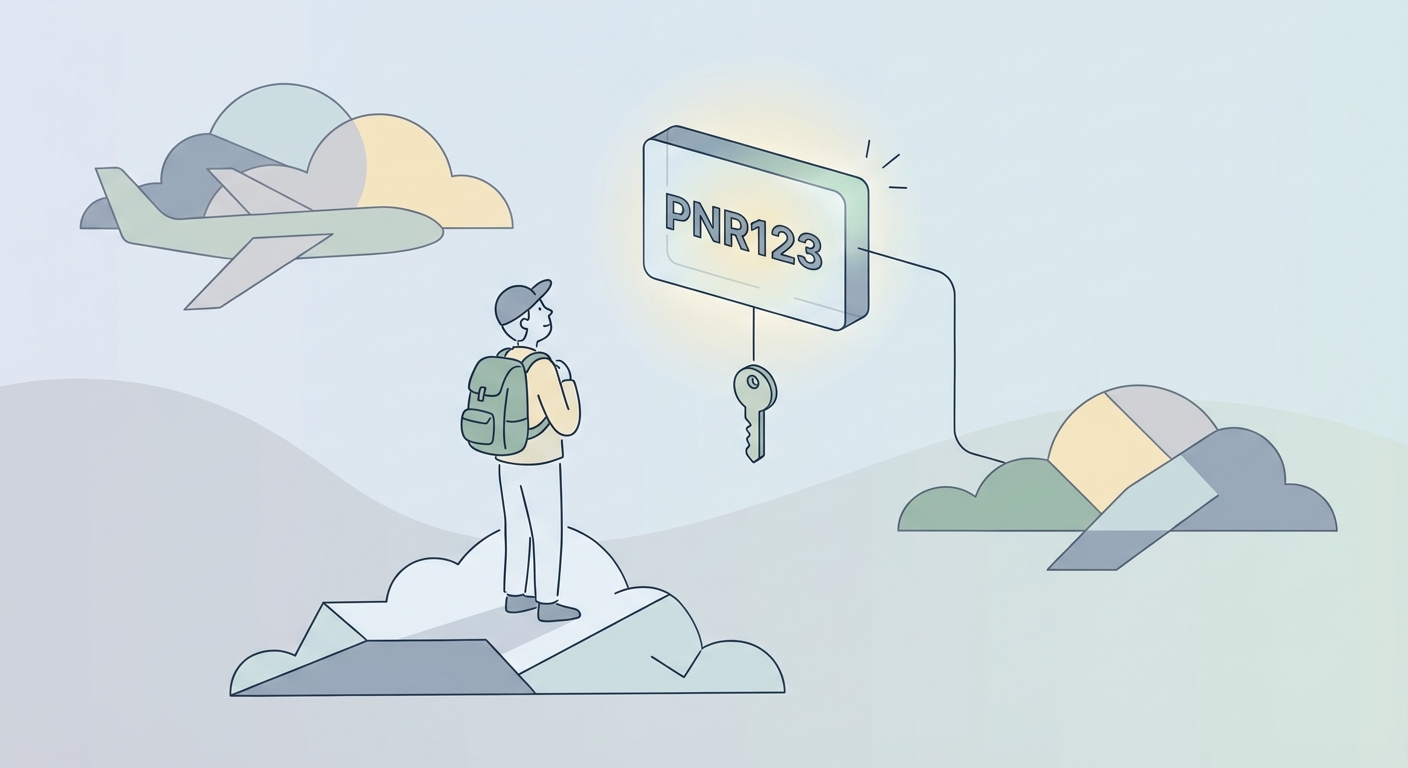Unlock Your Wanderlust AI's Guide to Personalized Travel Adventures
TL;DR
- This article explores how AI is revolutionizing travel, offering personalized recommendations for destinations, activities, and accommodations. Discover how AI algorithms analyze your preferences and past trips to craft unique itineraries, uncover hidden gems, and enhance your overall travel experience, ensuring unforgettable adventures.
Unlock Your Wanderlust AI's Guide to Personalized Travel Adventures
The Rise of AI in Travel Planning
Okay, so, ever feel like planning a trip takes longer than the actual vacation? Well, ai is here to change that!
- Efficiency and speed is a biggie. Forget spending hours comparing flights and hotels. ai algorithms can crunch all that travel data in minutes, giving you the best options, fast.
- Personalized experiences are where it really shines. ai can learn your travel style – do you like adventure, luxury, budget backpacking? – and tailor recommendations just for you. It figures out what you actually want.
- Uncovering hidden gems becomes way easier. ai isn't just about the popular tourist spots, it can dig up unique, local experiences you wouldn't find otherwise. Think that hole-in-the-wall restaurant with the amazing food, or a secret hiking trail.
It all starts with data collection. This means gathering information like your booking history, search queries for destinations and activities, any stated preferences you've given (like "beach vacation" or "museums"), and sometimes even social media activity if you've linked accounts. The goal is to build a comprehensive picture of your travel tastes.
Then, machine learning kicks in. These models are trained on this collected data to predict what kinds of trips, destinations, and activities you'd be into. For instance, if you've booked several city breaks in Europe and searched for art museums, the model might predict you'd enjoy a trip to Florence.
And natural language processing (NLP) helps ai understand what you're saying when you ask it questions. So, if you type "find me a quiet beach town with good seafood," NLP allows the ai to interpret your request accurately, no more confusing travel jargon.
So, yeah, ai is making travel planning less of a headache. Let's dive into how these systems actually work to create your dream trips.
Crafting Personalized Travel Itineraries with AI
Planning a trip should be exciting, not a chore, right? That's where ai comes in, helping you craft that perfect itinerary.
- AI-Driven Destination Discovery: Forget endless scrolling! ai can suggest destinations you might never have considered. Based on your past adventures – that rock climbing trip in the Andes, or that foodie tour in Italy – they can find similar, or totally different but equally awesome, spots. It's like having a super-smart travel agent.
- Customizing Activities and Experiences: This is where it gets really cool. ai isn't just about suggesting places; it's about suggesting things to do there. Think personalized hiking trails based on your fitness level, or secret surf spots only the locals know about.
- Optimizing Travel Schedules: Nobody wants to spend half their vacation in transit. ai can create efficient routes, factoring in everything from flight times to local traffic. It can even suggest the best times to hit up popular attractions, avoiding the massive crowds.
Imagine you're planning a backpacking trip through Southeast Asia. Ai could analyze your love for street food, historical sites, and budget travel. Then, it might suggest a route through Thailand, Vietnam, and Cambodia. To select specific activities and accommodations, it would consider factors like user ratings for hostels, proximity of attractions to each other, your stated budget, and real-time availability. So, it'll recommend specific cooking classes, temples, and hostels, all optimized for cost and travel time. Pretty neat, huh?
So, ai can really take the stress out of planning. Now, let's look at some concrete examples of how ai is making travel better.
The Benefits of AI-Powered Recommendations
Tired of travel planning sucking up all your free time? ai-powered recommendations are here to rescue you from endless searching.
- Saving Time is a Game Changer: ai algorithms automate the research process. Forget spending hours comparing flights and hotels, ai does that heavy lifting for you in moments. It's like having a super-efficient personal assistant.
- Decision Fatigue? Gone! Too many choices can be paralyzing, right? ai narrows down your options, presenting only the most relevant ones based on your preferences. So, you don't have to stress about making the "wrong" choice.
- Instant Access to Info: Need to know the best time to visit Bali or the top-rated restaurants in Rome? ai gives you immediate access to all that juicy info, pulling from tons of sources.
Think about it, ai could sift through thousands of reviews to find that perfect secluded beach in Thailand that matches your vibe, or that adrenaline-pumping zip-lining tour in Costa Rica.
So, with ai, you get to spend less time planning and more time actually doing. Let's see some real-world success stories.
Examples of AI in Action Real Travel Success Stories
Okay, so you wanna see ai in action? It's not just hype – real people are having awesome travel experiences thanks to it.
Adventure travel, amped up: Imagine planning a hardcore New Zealand trip. Ai could analyze your past adventure activities and stated preferences for thrill levels. It might then suggest specific bungee jumping spots by cross-referencing user reviews for thrill ratings and safety records with your profile. Plus, it finds hidden hiking trails even the locals barely know about by analyzing geological data and user-generated trail reports.
Cultural immersion, unlocked: Ever wanted to really experience Japan? Ai can suggest tiny, authentic ramen shops instead of tourist traps by analyzing local food blogs and social media sentiment. It can also let you know about local festivals you'd never find in a guidebook by monitoring community event listings and local news. It's like having a local friend in your pocket.
Ai isn't just for the big stuff, either. It can optimize your daily schedule, factoring in things like weather forecasts and crowd levels at popular attractions by pulling real-time data. So, less waiting in lines, more actually doing stuff.
Ready to dive deeper? Let's peek into what the future holds for ai and travel.
Future Trends in AI Travel
Okay, so what's next for ai and travel? It's not gonna be the same old booking flights, that's for sure.
Predictive travel analytics is gonna get way better. Imagine ai knowing where you wanna go before you even think about it! Ai will anticipate trends and demand, so airlines and hotels can optimize pricing. It helps travel companies better manage resources, based on what ai predicts.
VR travel planning is on the horizon. You could preview destinations, like, really preview them before booking. Think interactive itinerary planning in a virtual world. Personalized VR travel guides could make planning even cooler.
AI-powered travel concierges are coming. These are essentially virtual assistants that provide real-time assistance and support throughout your trip. They can help with things like booking last-minute changes to your itinerary, offering personalized recommendations based on your current location and preferences, or handling customer service issues. It'll seamlessly integrate with all your travel apps, too.
So, yeah, the future of ai in travel is looking pretty wild. Get ready for some awesome, personalized adventures.







